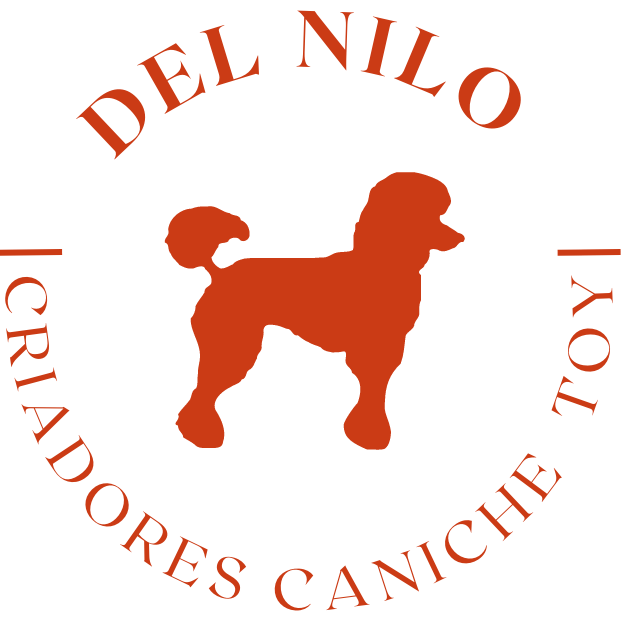Requirements for breeding
Breeding dogs, especially breeds like the Toy Poodle, goes beyond simple interest. At the crossroads between legal requirements and passion for animals, our project, although small, understands that responsible breeding implies a commitment that is based on integrity and love. Each sweet puppy that reaches homes has a meticulous process behind it that involves licensing, regulations and a deep dedication to animal welfare.
We have few litters per year, but that does not mean that the legislation should not be complied with. To start an activity of this type, a rustic land must be found with a minimum distance of one kilometer radius from any home. Urban compatibility is requested and with this a project is carried out that must include a whole series of health and well-being conditions. animal, with this the pertinent construction licenses are requested and the project must have supervision and approval from the veterinarian assigned to the autonomous community, after that and carrying out the work, a new visit is made and the end of work is requested. Next, applications for an environmental or activity license begin, which must include a project written by a veterinarian that includes everything from vaccinations to entry and exit protocols for each animal. Inspections are carried out again and it is concluded whether the installation is suitable. Registration as a zoological center in the autonomous community must also be requested, although this step is the simplest once the activity license has been obtained since there are already at least three veterinarians and technicians who have supervised the facility.
In this scenario, understanding the concept of the zoological nucleus is crucial. It is often assumed that having a zoo automatically grants the right to breed animals. However, the reality is more nuanced. Zoological centers can have diverse purposes, from animal keeping to operations such as dog hotels, veterinary centers and even fish stores. Each category has its own regulations and restrictions. For dog breeding, the central aspect is the activity license, a document that guarantees that legal regulations are strictly complied with.
However, responsible breeding goes beyond complying with what is established by law. Although regulations set general guidelines for all breeds, from the tiny Toy Poodle to the majestic Great Dane, in our particular focus on Toy Poodles, details are essential. These tiny puppies require meticulous attention and specialized care. With babies weighing just sixty grams at birth, our facilities must be equipped with resources such as incubators, underfloor heating, and precise humidity and temperature control systems, such as the new domes we have implemented.
Ethics also plays a primary role in our breeding work. Although the law does not impose strict restrictions on the number of litters or rest for mothers, our perspective is different. We believe that it is essential to allow our dogs to enjoy a full and happy life, instead of turning them into mere puppy mills. The well-being of the mothers directly impacts their quality of life and the health and vitality of the puppies they bring into the world.
Although navigating bureaucracy and legal requirements can be challenging, our passion for animals is the engine that drives our project. Behind every adorable puppy is a passionate person who strives to raise dogs with care and love. Responsible breeding is the palpable manifestation of our commitment not only to legality, but also to ethics and the well-being of the animals that have been entrusted to us.
In short, breeding Toy Poodle goes beyond complying with legal regulations; It is an act of love and commitment towards the animals we raise. From initial planning to daily care, our focus is on providing a nurturing and loving environment for our puppies and their mothers. Beyond the bureaucratic formalities and legal documents, it is the deep love of animals that guides our path, ensuring that every puppy we raise has the best start in the life that awaits them. Of course we strictly comply with the law and we would like to push for it to be mandatory that every breeder must take responsibility for the animals that have left their hands for life, that is, if a family cannot take care of the dog due to a divorce, a change in life, or job, or any reason, it is guaranteed that there will never be an abandonment.
